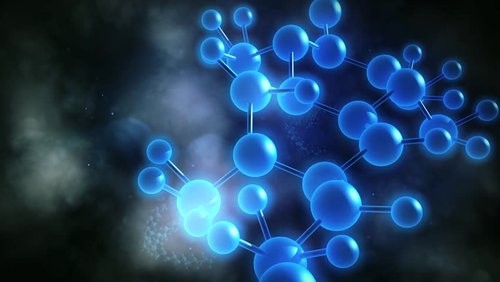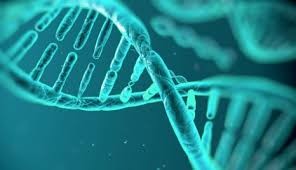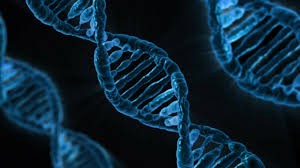Advanced Diagnostics
Advanced Diagnostics
At Cairo Cure, we have a molecular diagnostics, and genetic diagnostics counselling clinic, where you can discuss whether or not you need to be tested and the type of tests you need.
You may need genetic testing either to help in your diagnosis, to predict your response to certain medications or for a screening of healthy family members to see if they have an affected gene.
Genetic testing is voluntary. Because testing has benefits as well as limitations and risks, the decision about whether to be tested is a personal and complex one. A geneticist or genetic counsellor can help by providing information about the pros and cons of the test and discussing the social and emotional aspects of testing.
Molecular Diagnostics
This program utilises molecular genetics techniques to improve the diagnosis and risk classification of cancers. Major areas within the program include molecular detection of residual disease following chemotherapy and the use of functional genomics and high-throughput screening strategies to detect novel molecular targets and relevant inhibitors.
Molecular genetic tests (or gene tests) study single genes or short lengths of DNA to identify variations or mutations that lead to a genetic disorder.

Genetic Diagnostics
Genetic testing is a type of medical test that identifies changes in chromosomes, genes, or proteins. The results of a genetic test can confirm or rule out a suspected genetic condition or help determine a person’s chance of developing or passing on a genetic disorder. More than 1,000 genetic tests are currently in use, and more are being developed.

Chromosomal genetic tests analyse whole chromosomes or long lengths of DNA to see if there are large genetic changes, such as an extra copy of a chromosome, that cause a genetic condition.
Biochemical genetic tests study the amount or activity level of proteins; abnormalities in either can indicate changes to the DNA that result in a genetic disorder.

